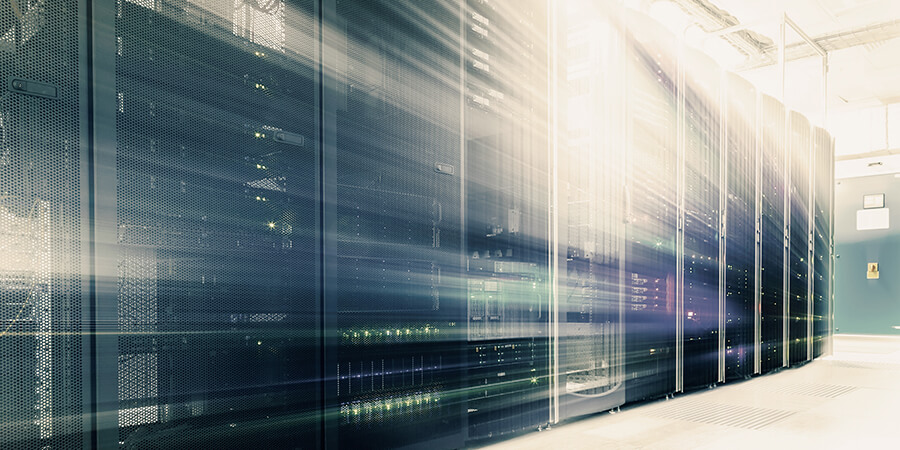In the realm of modern data centers, the triumvirate of speed, power, and performance reigns supreme. In this ever-evolving digital landscape, data centers have become the nerve centers that drive the heartbeat of our interconnected world. They are the powerhouses that propel industries forward, the catalysts that enable seamless communication, and the enablers of innovation.
Speed, Power, Performance
At the heart of every modern data center lies the first member of this dynamic trio— speed. Due to its relentless pursuit in achieving faster processing, instantaneous data transfers, and near-instant response times, speed is the force that keeps the wheels of progress spinning. It allows businesses to swiftly analyze massive volumes of data, make informed decisions, and adapt to rapidly evolving market dynamics.
Power, the second element of this trinity, represents the foundations upon which modern data centers are built. The raw energy, both physical and virtual, fuels their operations, providing the necessary infrastructure to house and safeguard vast amounts of information. From state-of-the-art cooling systems to redundant power supplies, these centers ensure uninterrupted service, offering unparalleled reliability and dependability.
Last but certainly not least, performance completes this powerful triad. It encapsulates the ability of modern data centers to deliver exceptional efficiency, scalability, and flexibility. Through cutting-edge technologies, such as virtualization and automation, data centers optimize resource utilization, adapt to fluctuating demands, and provide seamless scalability— giving businesses the tools they need to thrive in the face of a rapidly changing technological landscape.
The dynamic trio of speed, power, and performance represents the backbone of modern data centers. As stakeholders embark on this exciting journey, they must prepare to witness the incredible feats achieved by this formidable trio. From empowering businesses to unlocking new potentials, this convergence of forces promises an era of unprecedented possibilities and paves the way towards a future shaped by the limitless potential of the modern data center.
The Significance of Power Management and Energy Efficiency Measures in Data Centers
Power management and energy efficiency measures hold great significance in modern data centers, not only from an environmental standpoint but also in terms of cost savings and operational efficiency. As the demand for data processing and storage increases, data centers consume vast amounts of electricity, making it crucial to implement sustainable practices.
One way data centers can reduce their environmental impact is through the adoption of renewable energy sources. By harnessing solar, wind, or hydroelectric power, data centers can significantly decrease their reliance on fossil fuels and decrease carbon emissions. This shift towards renewable energy not only contributes to a cleaner environment but also helps mitigate the effects of rising energy costs.
Intelligent cooling systems are another vital component of power management in data centers. These advanced systems utilize sensors and automation to optimize cooling; ensuring that servers and networking equipment stay within temperature limits without excessive energy consumption. By effectively managing and controlling airflow, these systems minimize the energy required for cooling, resulting in substantial energy savings without compromising performance or equipment reliability.
In addition to renewable energy and intelligent cooling, data centers can employ various energy-efficient measures. For example, using energy-efficient hardware components, including servers, storage devices, and networking equipment, helps reduce overall power consumption. Implementing virtualization techniques, where multiple virtual servers run on a single physical server, can also lead to significant energy savings by maximizing hardware utilization.
Furthermore, efficient power management practices in data centers involve monitoring energy usage, identifying areas of inefficiency, and implementing power-saving features such as dynamic power scaling. These approaches allow data centers to optimize power consumption based on workload fluctuations, ensuring that resources are used efficiently without wasting energy.
By integrating power management and energy efficiency measures into data center operations, organizations can achieve numerous benefits. Beyond reducing environmental impact and energy costs, these measures contribute to enhanced reliability, longer equipment lifespan, and improved overall performance. They also demonstrate corporate social responsibility by aligning data center operations with sustainability goals and encouraging a greener future for the IT industry and all its vested stakeholders.










